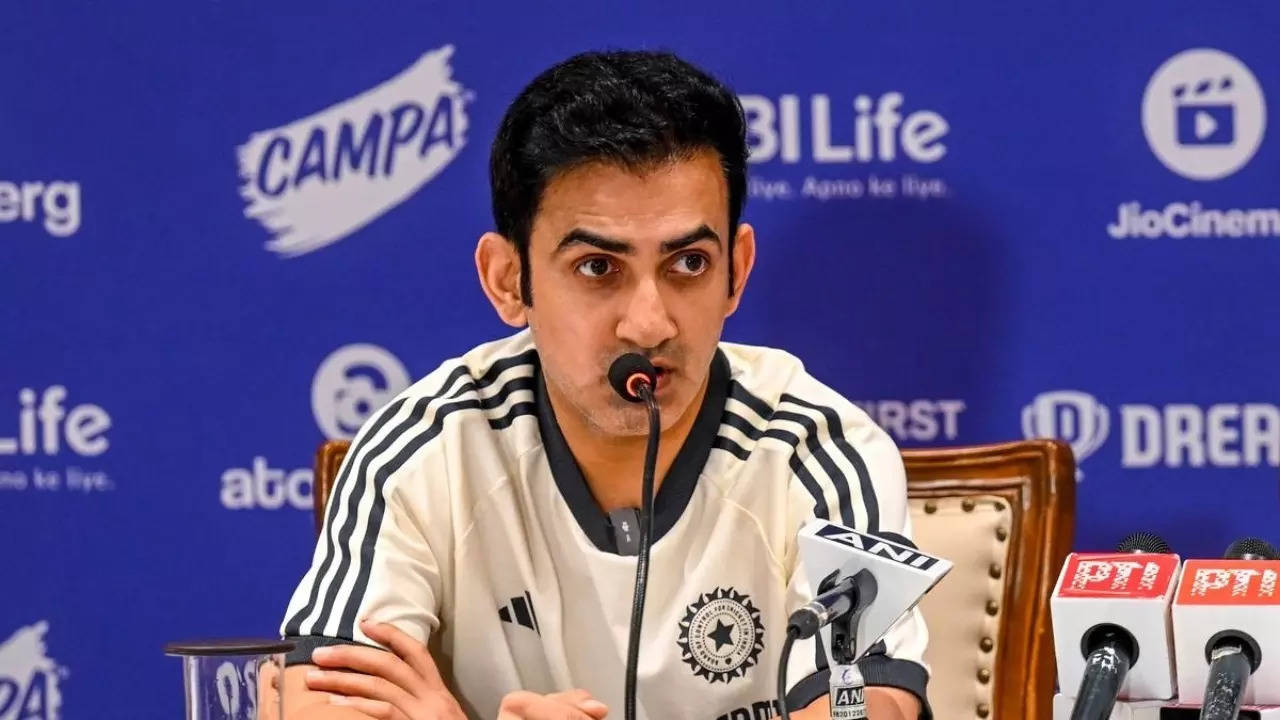Indian cricket, a sport that unites millions, is at the center of an exciting debate: Should the team adopt split coaching, a concept embraced by some Western teams? Former Indian cricketer Sunil Joshi recently voiced his strong opinion, declaring, “We shouldn’t go the Western way!”
Let’s see why this debate matters and what it could mean for the future of Indian cricket.
What Is Split Coaching?
Split coaching is the idea of having separate coaches for different formats of the game. For example, a team might have one coach for Test matches and another for limited-overs formats like ODIs and T20s. The logic is straightforward: different formats require different strategies, skill sets, and mindsets.
The recent buzz around split coaching comes from a growing belief that format specialization could help teams achieve greater success.
Why Did the BCCI Consider Split Coaching?
The Board of Control for Cricket in India (BCCI) began discussing split coaching after India faced disappointing results in some recent high-profile series. One significant turning point was the loss in the Border-Gavaskar Trophy against Australia.
The Test series defeat not only exposed weaknesses in India’s strategy but also raised questions about whether a single coach could effectively manage the demands of all formats.
How Is the Border-Gavaskar Trophy Related?
The Border-Gavaskar Trophy is one of the most prestigious Test series in cricket, contested between India and Australia. The 2023 series was a major talking point because of India’s struggles, particularly in the batting department.
Critics suggested that the loss highlighted the need for a specialized approach to Test cricket. They argued that a dedicated Test coach could focus solely on preparing the team for longer formats, helping players adapt to the challenges of Test cricket while maintaining their edge in limited-overs formats.
However, Sunil Joshi believes this reaction is short-sighted. “We shouldn’t let one series loss push us into adopting a system that doesn’t align with Indian cricket’s strengths,” he says.
The Challenges of Split Coaching
Joshi highlights a few challenges:
- Mixed Signals for Players: Different coaches mean different strategies, which could leave players confused.
- Loss of Team Bonding: A single coach helps maintain a strong, united team culture.
- Indian Identity: “We have our own way of doing things, and it has worked brilliantly for us so far,” Joshi adds.
What Are Other Teams Doing?
Countries like England and Australia have experimented with split coaching. England, for instance, appointed Brendon McCullum as their Test coach while Matthew Mott oversees the white-ball formats. While this approach has worked well for them, it is not without its critics.
In contrast, Indian cricket places a strong emphasis on tradition and unity. The idea of split coaching represents a significant departure from this philosophy, making it a hotly debated topic.
What’s Next for Indian Cricket?
The debate around split coaching is far from over. The BCCI will need to weigh the pros and cons carefully before making a decision. For now, experts like Sunil Joshi are urging the board to focus on stability and consistency rather than chasing trends.
Joshi sums it up best: “Indian cricket should not follow Western trends just for the sake of it. Our strength lies in our unique identity, and we must stay true to it.”

Leave a Reply